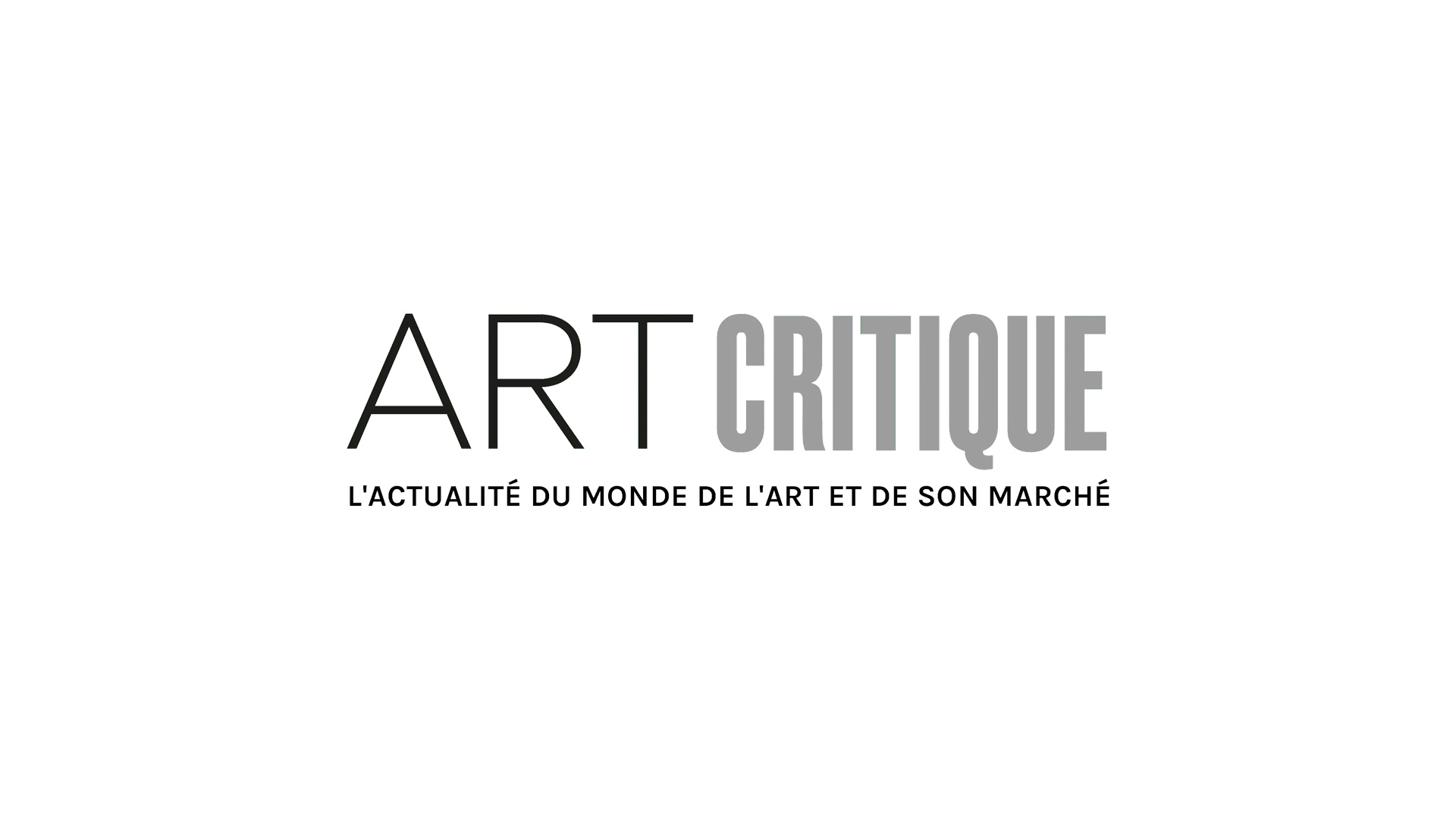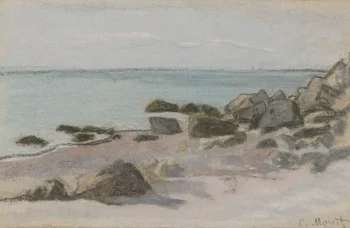The return of African cultural objects from French institutions has been a much-discussed topic in recent years that has, at times, gained momentum only to then cool off and slow once again. Now, three years after President Emmanuel Macron pledged to send artefacts back to their home countries, the French Senate has unanimously voted to permanently return 27 African works to Benin and Senegal.
On November 4th, France’s Senate of 343 members voted in favour of the bill, approved by parliament in October, to return the artefacts within the next year. Of the items, 26 are statues – now part of the Musée du quai Branly-Jacques Chirac’s collection in Paris – taken from the palace of Abomey in present-day Benin by French militia in the late 1800s. The last of the objects is a saber that once belonged to a 19th-century West African anti-colonial military leader, currently on loan to the Dakar Museum of Black Civilization from the French Army Museum.
The move is significant as France is home to tens of thousands of African works that were acquired during the colonial era, often through illicit means. The passing of the bill signals one of the first substantial restitutions of objects to their home countries since Macron vowed to make the return of African works a priority in 2017. Macron’s 2017 speech in Burkina Faso saw the commission of a now famous Savoy/Sarr report.
Renewed buzz on the topic in France has been echoed by other countries who are under pressure to take a look at their colonial pasts. In mid-October, the Rijksmuseum and Tropenmuseum in Amsterdam both voiced their support for the return of an estimated 100,000 objects owned by the Dutch government that were taken during periods of colonialism.
Approving the bill is a huge step in the ongoing discussion of what France, among other countries, should do. The bill is underscored by a series of protests initiated by Congolese activist Emery Mwazulu Diyabanza, who has held demonstrations in the form of attempting to “take back” African works displayed abroad. Diyabanza has been arrested for demonstrations at the Musée du quai Branly-Jacques Chirac and other museums in Paris, Marseilles, and the Netherlands. France’s new bill will likely come as welcome news to Diyabanza, but it certainly won’t be enough in the eyes of advocates.
The return of cultural objects looted during colonial periods will receive praise, however, some have criticised the efforts. The conclusions of the Savoy/Sarr report were met with pushback, including that of Stéphane Martin, the former president of the Musée du quai Branly-Jacques Chirac, who found the report’s suggestions to be “self-flagellation and repentance.” Contrary to such criticism, Senate committee members have described the bill as “strictly exceptional, ad hoc and limited character.” Moreover, it is reported that senators are calling for a national council to advice in future cases of repatriation. Such a committee would be “charged with reflecting on the circulation and return of non-European cultural objects.”





